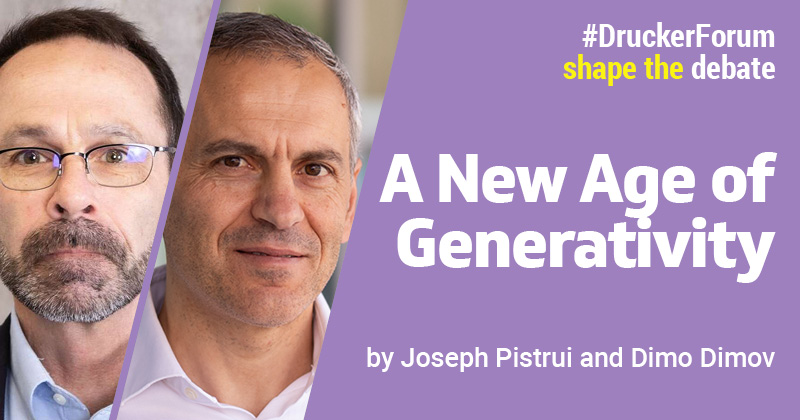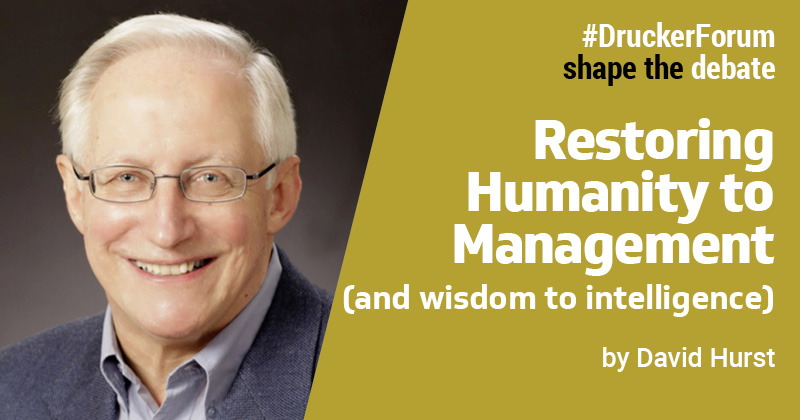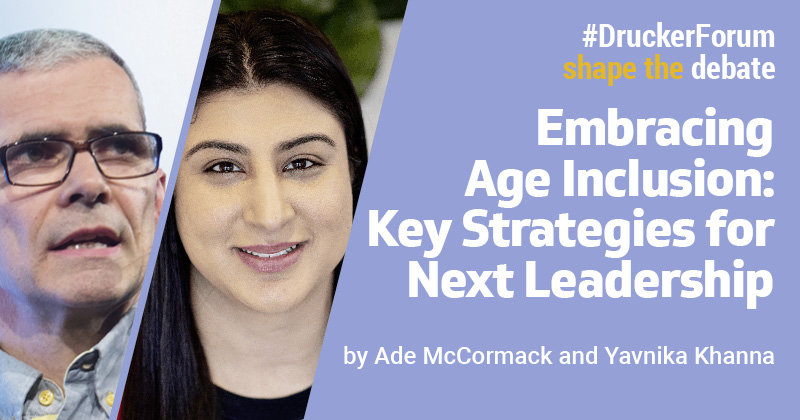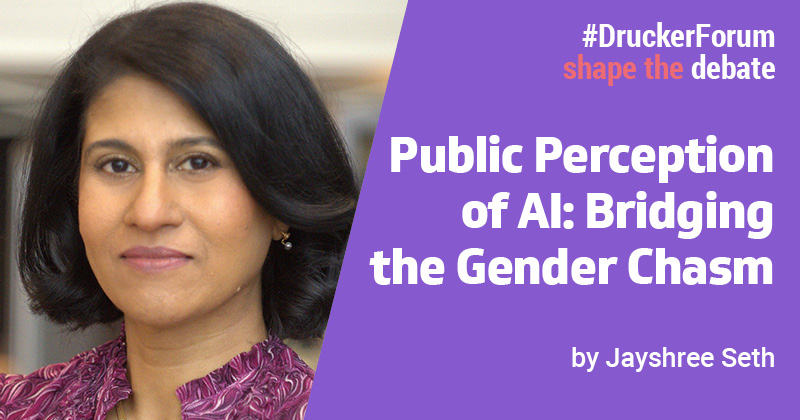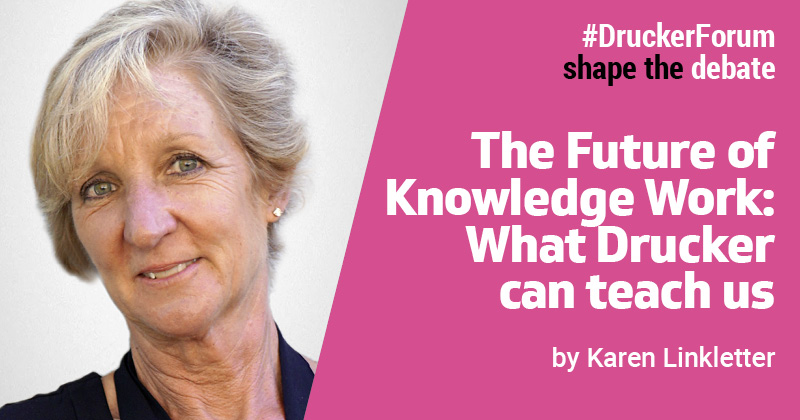At the World Management Agility Forum that took place in Lisbon in September, a panel of founders and managers of successful decentralized companies shared their insights. Lars Brüning described how chemical giant Bayer is undergoing full-scale restructuring, defying the organizational charts that are at best matrix-shaped: he visualizes each department as a cycle that self-manages itself, setting its own goals, strategies, and plans. The focus is on consumer experience. […]
Continue reading



